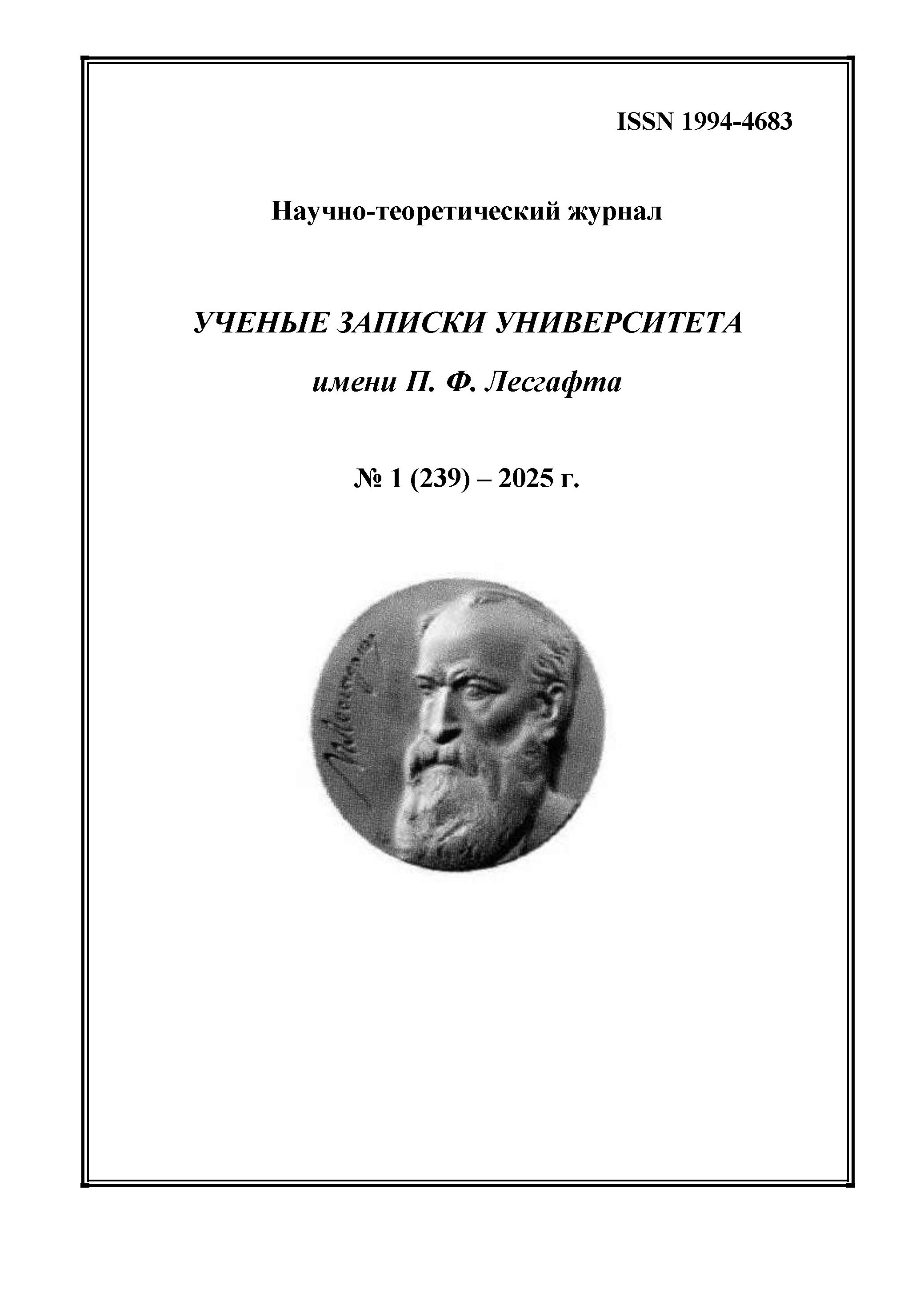CSCSTI 77.01
The article discusses modern sports that have emerged in the Russian Federation over the past few decades, one of which is sports programming. This type of sport is aimed at solving specific applied problems through the methods of analysis and synthesis of certain information for a more detailed process of developing and creating a new program or a specific part of it. First of all, this is a type of intellectual sports. The essence of which is to create a computer program in a programming language, in a limited time, which solves the tasks assigned to athletes in a certain segment of the IT industry. The authors conducted an experiment on the application of sports programming within the educational process. The purpose of the study is to implement a working program in physical culture and sports at the university, as well as an elective course in sports programming. Research methods and organization. The experiment involved first-year students specializing in digital technologies in economics and digital marketing (Samara State University of Economics), who studied elements of programming in their classes and attended a sports programming section. Methods of analysis and generalization of scientific and methodological literature, mathematical statistics were used, and a pedagogical experiment was conducted. Research results and conclusions. The article reflects the obtained results and concludes that this is a promising area of sports training, the aspects of which can be integrated into the framework of university education for students.
sports programming, technologization of the educational process, esports
1. Aleksina A. O., Levchenko A. V., Efimov K. Yu. (2024), "The use of innovative technologies in physical education and sports: the influence of virtual reality and simulators on the learning process", Scientific and methodological electronic journal "Concept", no. 5, pp. 146–159.
2. Bryskina I. O., Ilyushina A. E., Sergenko E. V. (2020), "Physical education classes at the university, as a way of forming physical culture in humans", Nauka, no. 2 (27), pp. 46–53.
3. Kolmykova A. A., Savelyeva O. V. (2024), "Digital transformation in physical culture and sports", Trends in the development of science and education, no. 108-9, pp. 39–41.
4. Order of the Ministry of Sports of the Russian Federation dated 12/18/2023 no. 1040 "On approval of the federal standard of sports training in the sport "sports programming"", URL: http://publication.pravo.gov.ru/document/ 0001202401110016 (accessed: 09/19/2024).
5. Timoshevich K. S., Vladymtsev V. D. (2023), "The influence of GPT on sports programming and training", Computer Systems and Networks, XXXXXIX scientific conference of graduate students, undergraduates and students of BSUIR March 15-20, 2023, Minsk, Belarus, pp. 316–320.
6. Barakina A. G. (2020), "The role of using information technologies in physical education classes for university students," Uchenye zapiski universiteta imeni P.F. Lesgafta, No. 6 (184), pp. 11–13.
7. Aleksina A. O., Kazakova O. A., Gurova N. V. (2021), "Creation of pedagogical conditions for sports technologies in higher education", Olympus. Humanitarian version, No. 1 (12), pp. 14–16.
8. Popova A. O., Ivanova L. A., Savelyeva O. V. (2015), "Motivation of students is an effective way to meet the standards of the GTO complex", Online journal of Science Studies, Vol. 7, no. 3 (28), pp. 174.





